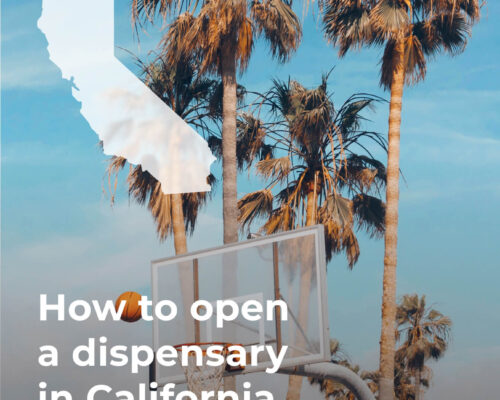Overcome Ontario-Specific Challenges with Ease
Ontario’s cannabis market is governed by strict compliance requirements, including detailed reporting mandates from the Alcohol and Gaming Commission of Ontario (AGCO). IndicaOnline’s POS (point of sale) software is specifically designed to help dispensaries navigate these complexities while delivering top-tier customer service. By streamlining operations and ensuring compliance, our platform equips your business with the tools needed to succeed in a competitive market.
Learn more:
Key regulatory requirements include mandatory integration with the AGCO’s POS Data Reporting Platform, which ensures the automated extraction and submission of sales and inventory data. Additionally, AGCO now permits permanent curbside pick-up and delivery services, both of which are supported seamlessly by IndicaOnline.
Essential Features Tailored for Ontario Cannabis Dispensaries
IndicaOnline’s comprehensive suite of tools ensures your dispensary remains compliant and operationally efficient:
- AGCO Compliance Reporting: Automatic generation and submission of accurate daily sales and inventory data as required by Ontario regulations.
- Support for Curbside Pickup & Delivery: Comply with AGCO’s permanent curbside and delivery options with easy-to-use POS integrations.
- Advanced Inventory Management: Maintain up-to-date stock levels with real-time tracking and reporting capabilities.
- Customizable Sales Features: Adapt POS workflows to include walk-ins, curbside orders, and delivery services.
Stay Compliant with AGCO Standards
Compliance with Ontario’s cannabis retail laws is non-negotiable. IndicaOnline simplifies your processes with features that include:
- Automatic tracking and syncing of inventory adjustments.
- Easy submission of all point of sale data for AGCO’s reporting requirements, including integration with the AGCO’s Data Reporting Platform.
- Comprehensive audit trails to support inspections and avoid penalties.
Real-time notifications keep your business updated on any regulatory changes, ensuring ongoing compliance without guesswork.
Data Insights to Drive Growth
Powered by Looker, our analytics and reporting tools give Ontario dispensaries the insights they need to excel:
- Revenue Tracking: Analyze sales trends by day, week, or month.
- Customer Insights: Tailor your marketing and operations based on purchasing behaviors.
- Staff Performance Metrics: Identify strengths and areas of improvement for your team.
- Compliance Reports: Generate AGCO-compliant reports effortlessly, saving time and resources.
Experience Compliance and Efficiency with IndicaOnline:
FAQs for Ontario Dispensaries
- What are the data reporting requirements for Ontario dispensaries?
The AGCO mandates that all cannabis retailers must integrate with its POS Data Reporting Platform, which automates the extraction, validation, and submission of daily sales and inventory data. IndicaOnline’s POS ensures seamless compliance with this requirement.
- How does IndicaOnline help with curbside and delivery compliance?
IndicaOnline’s system is fully aligned with AGCO regulations that make curbside pickup and delivery permanent options. Our platform supports order management, tracking, and compliance for these services.
- Can IndicaOnline integrate with third-party platforms for extended functionality?
Yes, IndicaOnline offers an open application programming interface (API) that allows integration with accounting tools, customer relationship management systems, and more, ensuring a flexible and scalable solution.
- What security measures does IndicaOnline implement?
We employ advanced encryption protocols and secure cloud storage to protect sensitive data, ensuring compliance with both AGCO and privacy laws.
- Is IndicaOnline adaptable to Ontario’s evolving regulatory landscape?
Absolutely. IndicaOnline provides real-time updates on regulatory changes, ensuring your dispensary remains compliant without any disruptions.





















